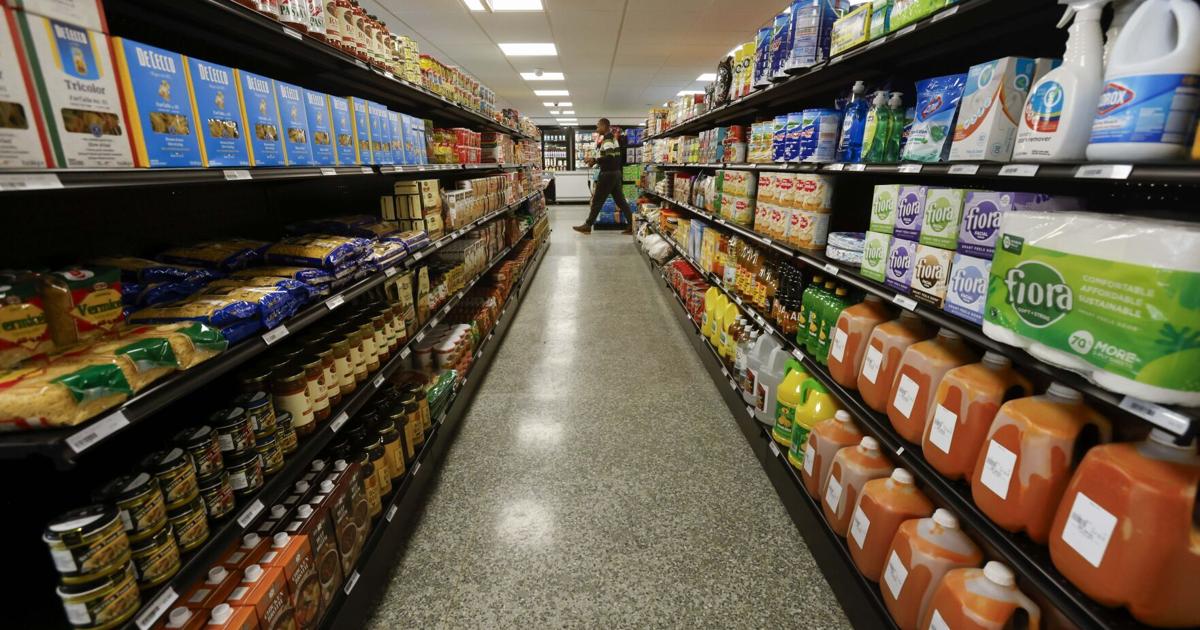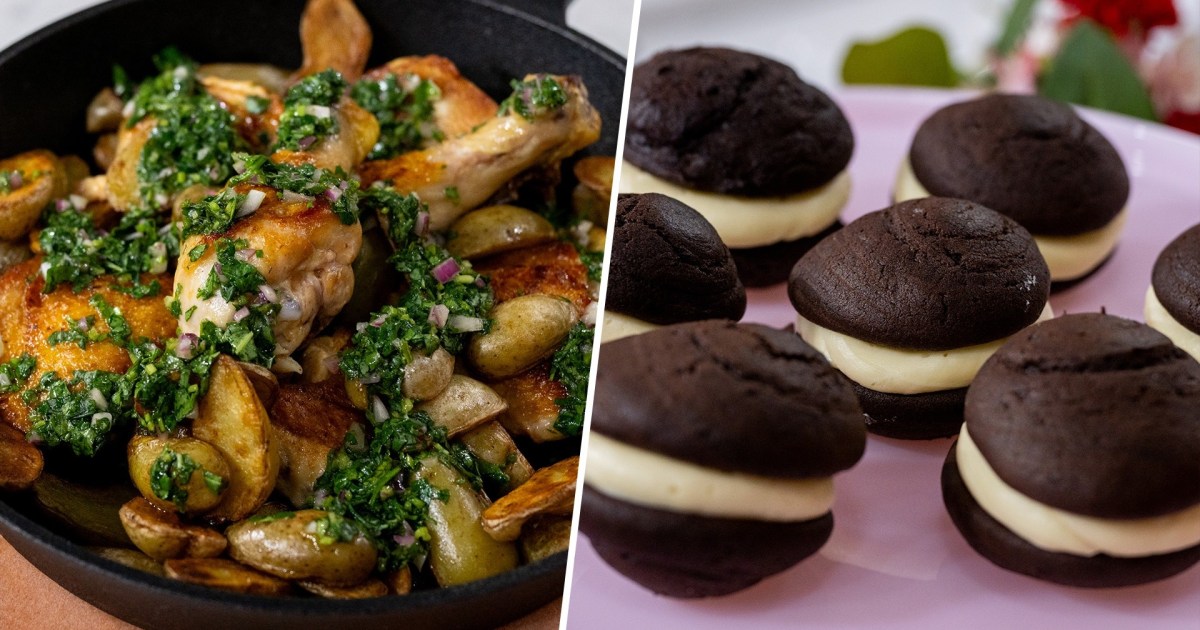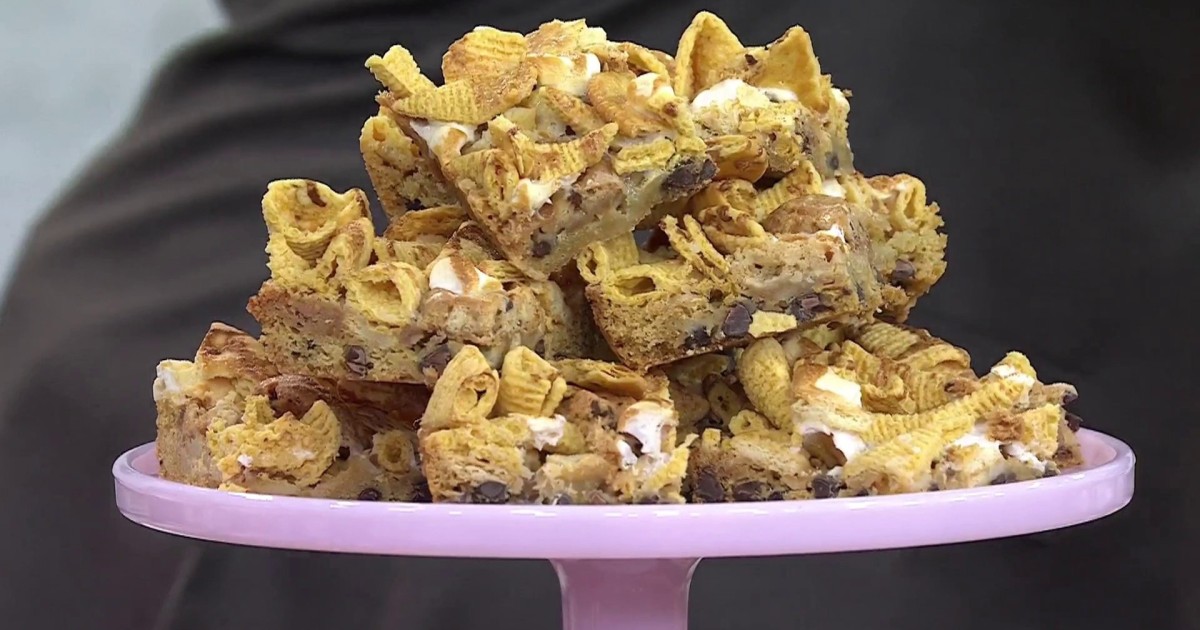Produced by Pollock Communications and Today’s Dietitian magazine, the survey queried nearly 1,200 registered dietitian nutritionists (RDNs) to generate its list of 2022 food trends. The majority agreed that snacking and online shopping are here to stay and noted that feel-good functionality and value-based pricing will drive purchases in an era of food transformation.
Food as medicine: cue the superfoods
Three years into the pandemic, consumers continue to turn to foods with health and mood benefits, including plant-based foods and superfoods. Products with functional ingredients like CBD, collagen and hemp are also on the rise.
“With the focus on health and immunity in the next decade and the increased popularity of plant-based eating, nutrient-dense options will be an important part of consumer diets as they embrace food as medicine to help prevent disease,” said Louise Pollock, president of Pollock Communications.
According to the survey, fermented superfoods such as sauerkraut, kimchi and yogurt will be the most coveted this year. Blueberries, seeds, exotic fruits, avocado and leafy greens also made the list, with green tea trending as staple super beverage and ancient grains making a comeback as part of a low-carb diet.
Fad diets and snack attacks
“In reviewing the past decade of changes in food and nutrition, RDNs are most surprised by the overcorrection in diet culture – from fat-free everything to the rise of the high-fat, low-carb ketogenic diet,” the survey summary states, noting intermittent fasting and clean eating as other popular fad diets.
Beyond diet, respondents highlighted the increase in snacking during the pandemic as consumers work from home and reach for comfort foods for emotional support.
“Brands looking to innovate would be wise to tap into products that provide both health benefits and the nostalgia and comfort people crave,” Hannah Kalet, registered dietitian and account supervisor at Pollock Communications, told Food Navigator-USA
“And, as classic comfort foods are in high demand, traditional flavors like mac and cheese, apple cinnamon and fruity cereal will find their way into products you may not expect – from your morning coffee to your evening bowl of ice cream.”
She adds that a new crop of innovative brands has already entered the market, offering healthy snacking alternatives from vegan, gluten-free cookie dough supplemented with vitamins, collagen and protein to soda made with plant fiber, prebiotics and botanicals to support digestive health.
Online shopping and social pseudoscience
Of the dieticians surveyed, 90% agreed that online food shopping is the biggest trend from the pandemic that they believe will continue. This will compel marketers “to reimagine ways to reach consumers on virtual shopping platforms, including more online promotions, digital coupons and immersive virtual branding experiences,” the survey summary suggested.
Respondents also cautioned against the proliferation of “social pseudoscience”, citing Facebook, Instagram and Tik Tok (new to the list) as the biggest suppliers of nutrition misinformation, followed by friends, family and celebrities.
While diet trends and advice on social media will come and go, the top dietitian recommendations year after year are to eat more servings of vegetables a day, limit highly processed foods and foods with added sugars, increase fiber intake and reduce consumption of saturated and trans fats.

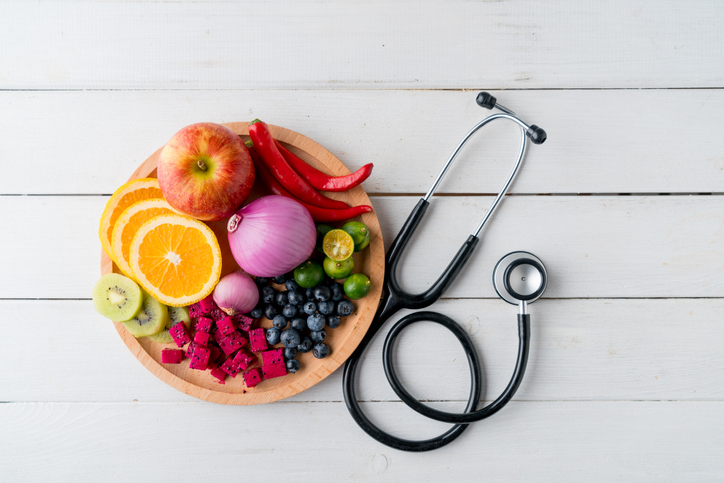

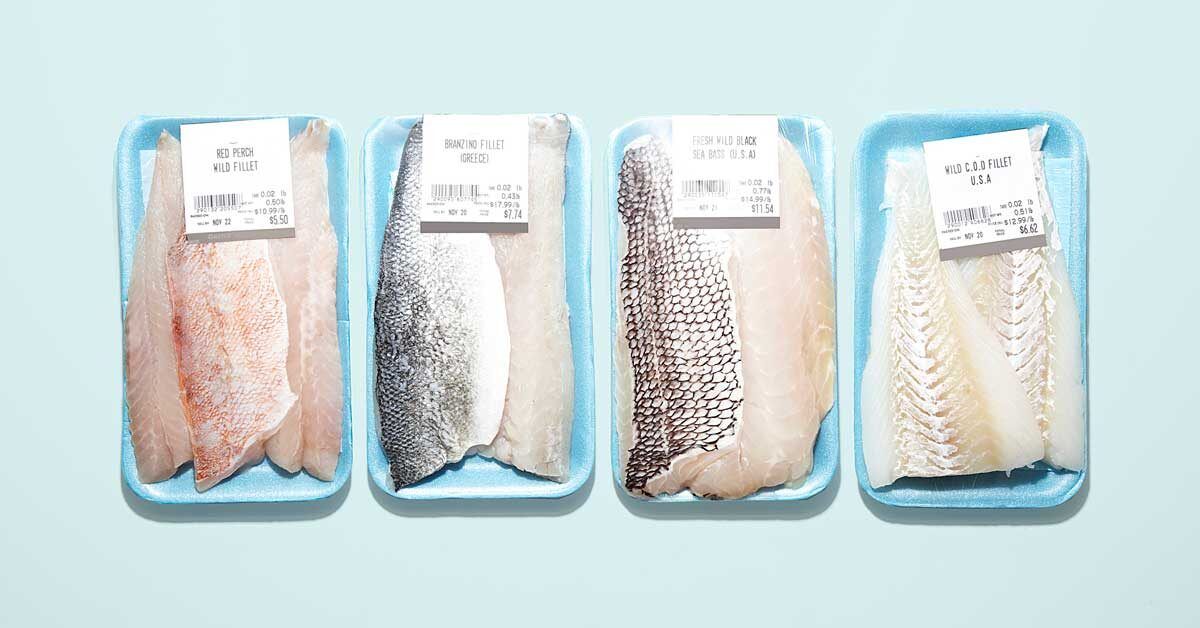
:max_bytes(150000):strip_icc()/ChickenBreast-7c055ca42ace4670867b52b9ab642824.jpg)


